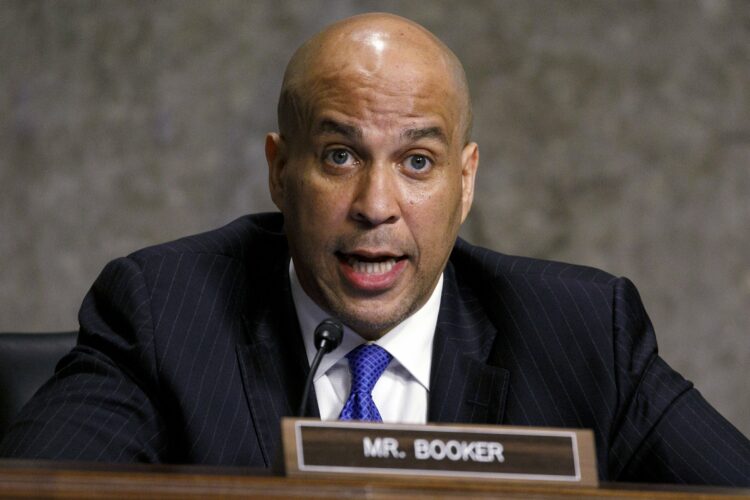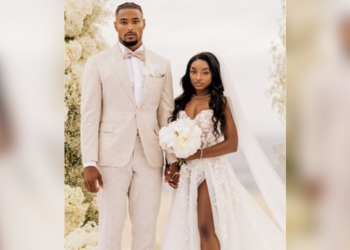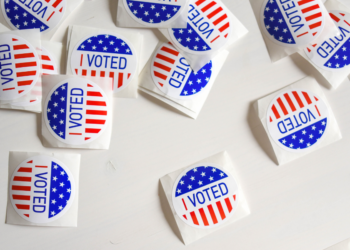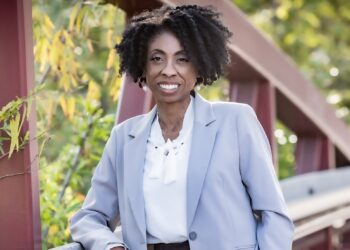During Monday’s confirmation hearings of Judge Merrrick Garland, Biden nominee for Attorney General of the United States (AG), Sen. Cory Booker (D-NJ) asked several questions pertaining to race and the law.
The questions asked by Sen. Booker pertained to cases that will come up in the Department of Justice over the course of the next few years. These included cases on police brutality, sentencing for non-violent drug offenses, and the prosecution of hate crimes.
Booker spent a significant amount of time asking about the sentencing for marijuana-related offenses. These cases disproportionately affect Black and Brown citizens who are targeted for arrest and aggressively sentenced, according to the ACLU 2020 report.
“It’s is an example of a non-violent [crime] where we don’t need to incarcerate people, but that follows someone the rest of their lives, they can’t get a job,” said Garland
“We should focus our attention on violent crimes, crimes that put a great danger in our society, stop putting the highest possible charge on the offense.”
The pivotal point in Booker’s questioning came at the end when he asked Judge Garland about his own experiences with hate. Garland got emotional when describing his family’s escape from antisemtism and the former Russian Empire. That moment left both men in tears. This experience, however horrific, is what Garland says will make him a standout AG.
Garland was once nominated by former president Barack Obama for the Supreme Court in 2016 to replace Justice Scalia who passed away. But, opposite party stonewalling and a refusal by then-Senate Majority Leader, Mitch McConnell to bring forth a hearing nixed the nomination. Replacement of a new Justice was reserved for the incoming president, Donald Trump, who seated Justice Brett Kavanaugh amid certain controversy.
During the Kavanaugh hearings, Booker intended to question the yet-to-be confirmed Justice about an email regarding racial profiling. His line of questioning was blocked. Booker was accused by Republicans on the hearing committee of “grandstanding,” as he was a presidential candidate at the time.
Booker did not vote to confirm Kavanaugh. He intends to vote for Garland’s confirmation.















